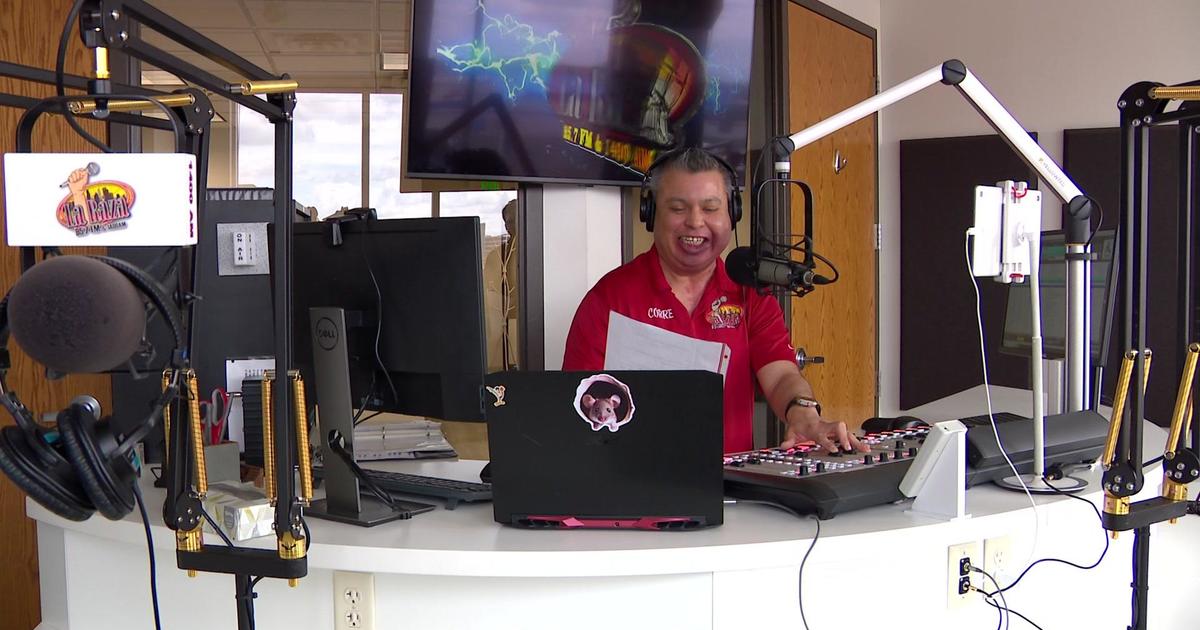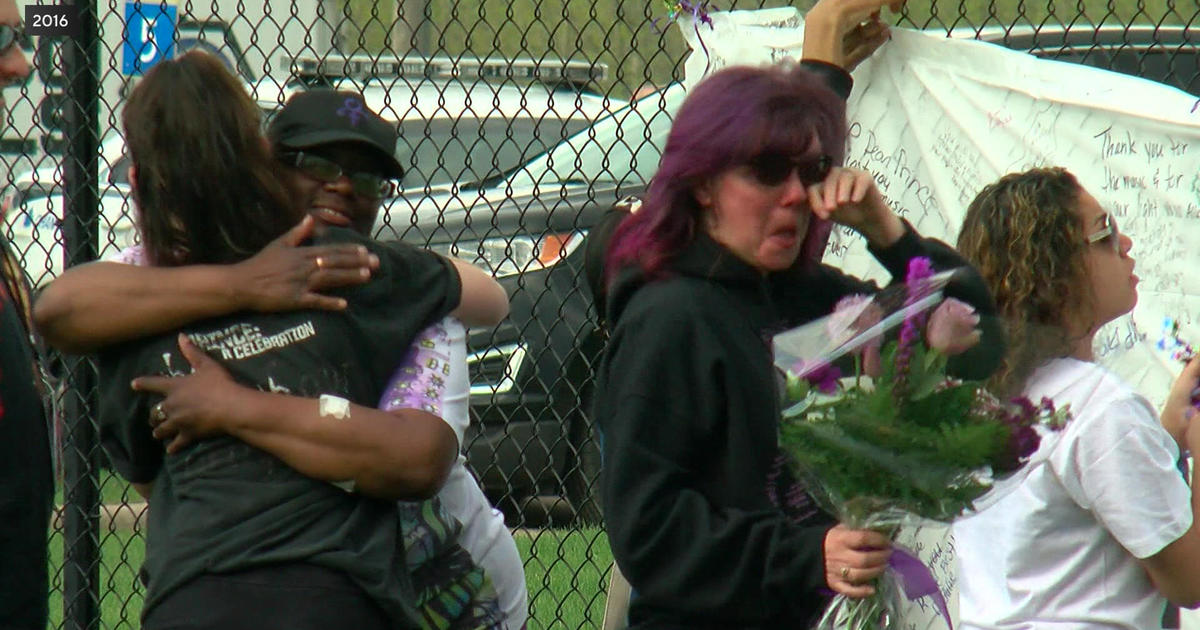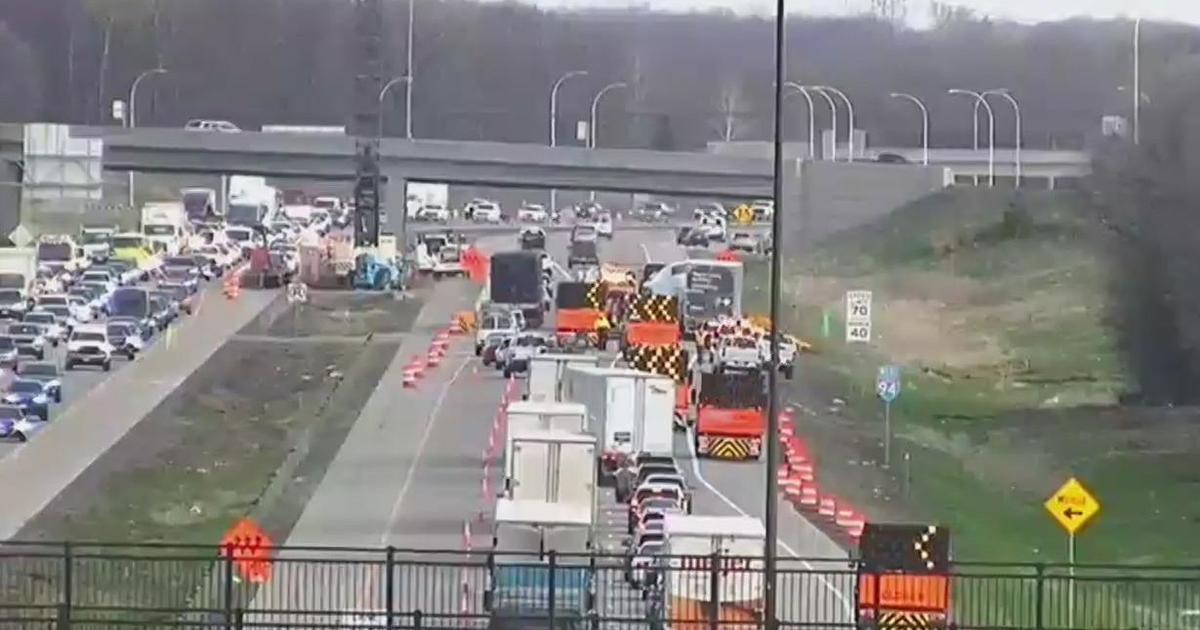Good Question: Why Do Cell Phone Calls Drop?
MINNEAPOLIS (WCCO) -- A vast majority of Americans have cell phones, and we use them every day.
But we've all been there, driving along the highway, when the cell phone call just drops. Why do calls drop, and how do cell phone calls work anyway?
"There's lots of things going on there," said Ron Goldschmidt, director of network system performance for Verizon Wireless in Minnesota.
"The phone is connecting to this cell tower here and going back to our central office," he said.
Cell phones use RF (radio frequency) waves to transmit data and voice. The computer inside the phone knows which cell tower antenna is closest and with the strongest signal.
When you hit send, the signal travels through the air, and hits the tower.
"It's converted and connected into our fiber network, goes underground, to our partner business, and then into our switch," said Goldschmidt.
Fiber optic lines take your call to a central office computer (the switch) which figures out if you're calling a landline or another cell phone. If it's a landline, the call gets routed into that system. If you're calling a cell phone, the call gets routed back out to the nearest tower, traveling again via fiber.
The phone is constantly scanning. "It looks for best signal it can. It'll camp on that cell site and look for a call to come in," he explained.
Texts, internet, voice, all travel using the same chunk of frequency.
Typically, when calls get dropped it's not because of interference with other sources of RF, said Goldschmidt.
"There are a lot of things that can cause that," he explained.
Typically, it's the same issue as we had twenty years ago, although the cause is different. When cell phones first hit the market, there weren't many cell phone towers, so it was easy to end up in a "dead zone."
Now, we're using cell phones so often in so many places, it is easier for us to hit a dead zone.
"Different carriers have different cell density, If you go underground, underground parking lot, you'll find areas there are no coverage," said Goldschmidt.
According to the Federal Communications Commission, most dropped calls happen while we drive, when the calls get handed off from cell tower to cell tower.
"The cell radius is different because of terrain and buildings," he said.
And radio waves have a hard time penetrating steel buildings or underground basements. So it's not your imagination that when you lean back in your chair you get a better signal than when you lean forward.
"You may be on the edge of the signal, and even the smallest move in head of antennas would pick up a different signal strength," said Goldschmidt.



